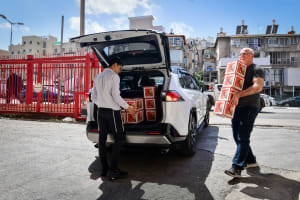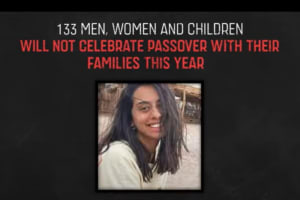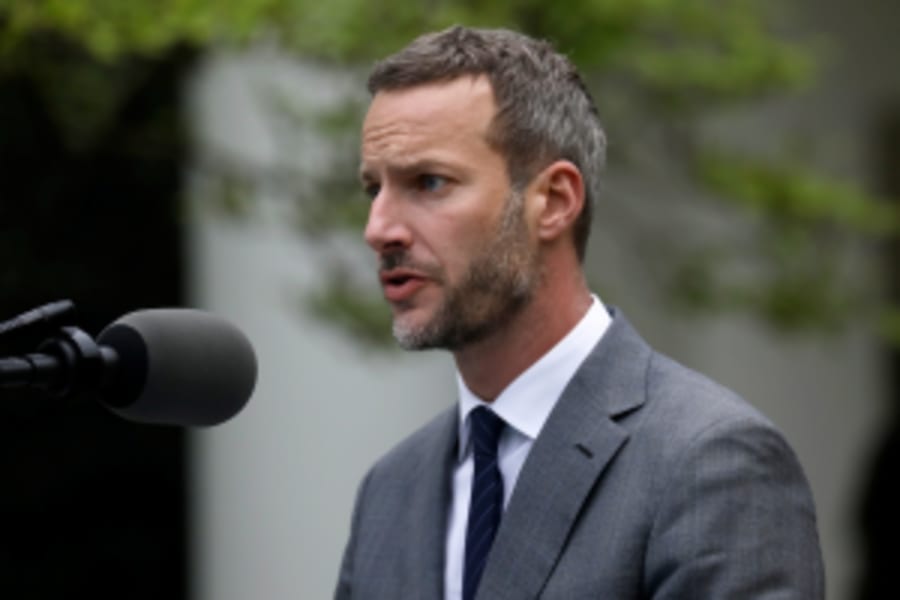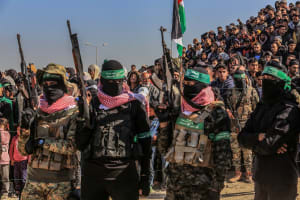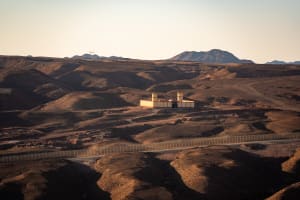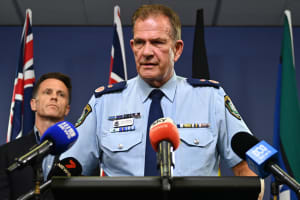Annual Passover Priestly Blessing includes special prayers for hostages, soldiers and the injured
Despite Gaza War, even larger crowds attended the ceremony this year
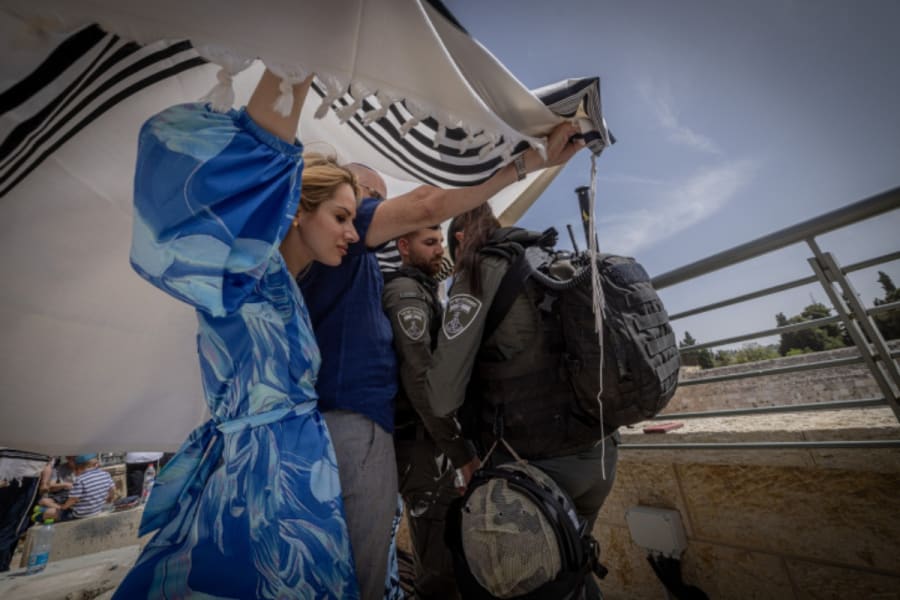
The annual Priestly Blessing at the Western Wall took place on Thursday morning, with the participation of the chief rabbis, the rabbi of the Western Wall, and thousands of Israeli Jews.
The event included a special prayer for the return of the hostages, healing for those wounded during the war, peace within Israel, and psalms of thanksgiving and praise.
Family members of the hostage Eliya Cohen participated in the Priestly Blessing event, and could be seen holding a sign with their son’s image.
ברכת הכהנים בכותל, תמונה של אחד החטופים ליד הרב רבינוביץ', רב הכותל, שמוביל את התפילה. pic.twitter.com/YiQNUL66xX
— שילה פריד🇮🇱 (@shilofreid) April 25, 2024
Thousands of worshippers attend the annual Priestly Blessing each year, however, the number of people at the Western Wall Plaza this year appeared to be even greater than last year.
Israel Hayom reported that an estimated 30,000 people attended the traditional ceremony this year, while the previous year, Israel Police estimated roughly half (15,000) that amount.
The Jerusalem District Police have deployed a large number of forces to secure access to Jerusalem and the Western Wall, with around 3,000 city police officers and Border Police stationed throughout the city.
Due to the large number of participants expected, several access routes to the Western Wall were closed to vehicular traffic and worshippers were encouraged to use public transportation.
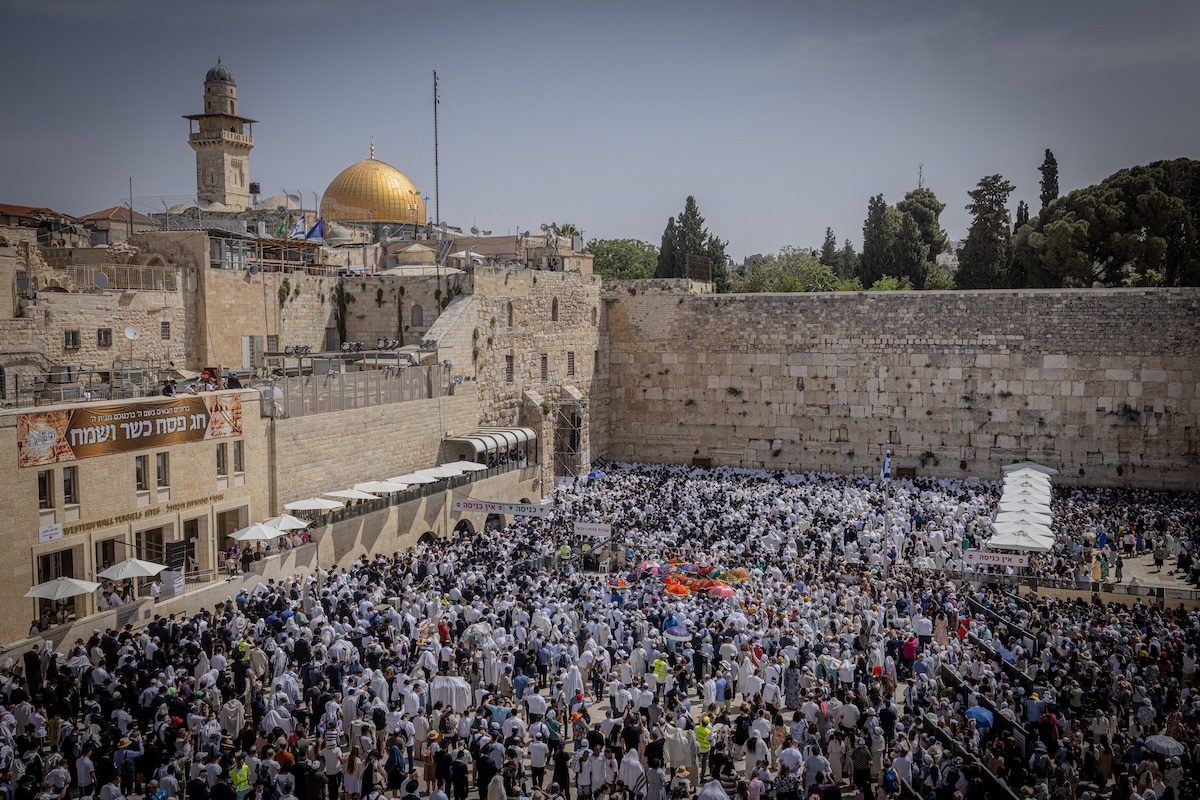
While religious Jews will recite the priestly blessing in any prayer group with at least one person of priestly descent (a Cohen), the public recitation of the Priestly Blessing at the Western Wall takes place twice a year – during Passover (Feast of Unleavened Bread) and Sukkot (Feast of Tabernacles).
The tradition, dating back to the Second Temple Period, was revived in 1970 during the final days of the War of Attrition, a period of sporadic conflict between Israel and Egypt following the 1967 Six-Day War.
The mass prayers were re-established by Jerusalem's Rabbi Menachem Mendel Gafner, who remembered that the Mishnah describes the priestly blessing as taking place after the destruction of the Temple. It has been held every year since.

The All Israel News Staff is a team of journalists in Israel.
You might also like to read this:



